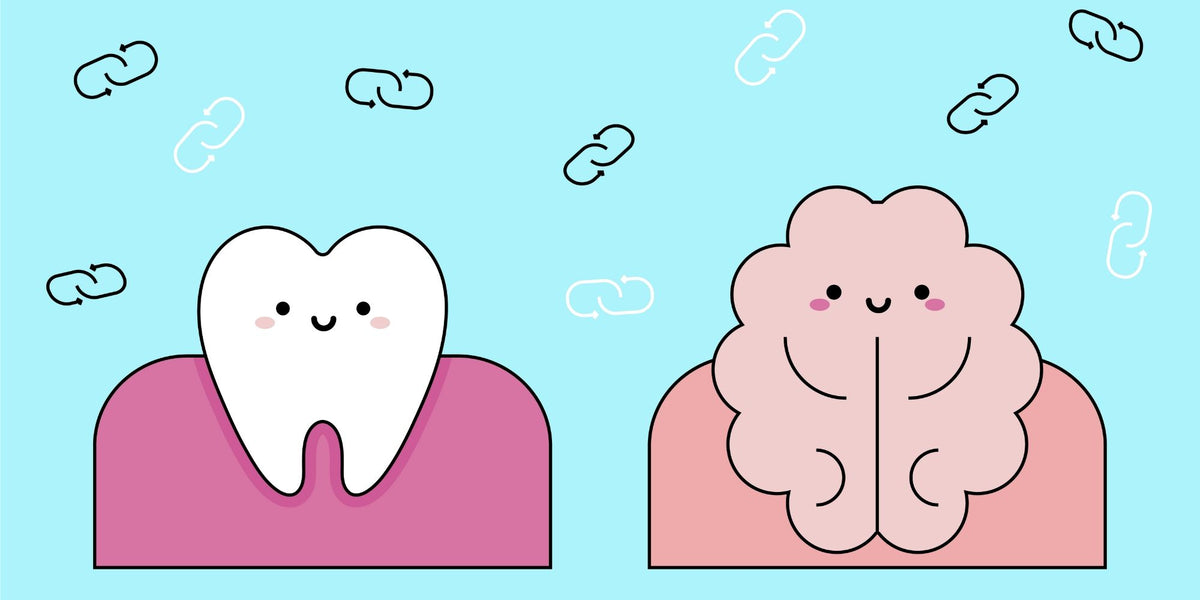Billions of dollers have been spent on the study of Alzheimers through the years and medical professionals agree that they do not have alot to show for it. That is because, according to Dr Mark Hyman “they are moving in the wrong direction”.
It might seem strange that a topic such as Alzheimers be on a oral care blog, however the majority of the general population are unaware of the links being discovered between poor oral care and disease.
Now we know that the brain is greatly affected by things such as sleep, diet and even our gut microbiome and it was recently discovered that oral bacteria is another thing that can affect it.
Researchers recently discovered that Porphyromonas gingivalis, the fancy name for the bacteria found in the most serious forms of gum disease, can travel from the mouth to the brain where it creates toxins that destroy brain cells and nerves. It has been found to be more common in the brains of people with Alzheimer’s than those without.
This bacteria is present in most people, however it becomes a problem when it grows out of control. It can cause inflamed bleeding gums and enters into the blood stream through chewing.
The good news is that maintaining good oral hygiene can help. Simply brushing and flossing regularly along with trips to your dentist can have major implications on the wellbeing of you body and your brain.
If you have a genetic predisposition to Alzheimer’s you’re going to want to be extra savvy about your dental health.
It’s clear we have a lot to learn about the role of bacteria in chronic disease, but that also opens up the door for many exciting new ways for preventing and healing those same diseases.
If you’re interested in this topic, tune in to my latest episode of The Doctor’s Farmacy, with Dr Mark Hyman & Dr. Todd LePine of The UltraWellness Center where they talk about the role of bacteria in disease and a patient Alzheimers success following a protocol that included cleaning up her oral bacteria.
